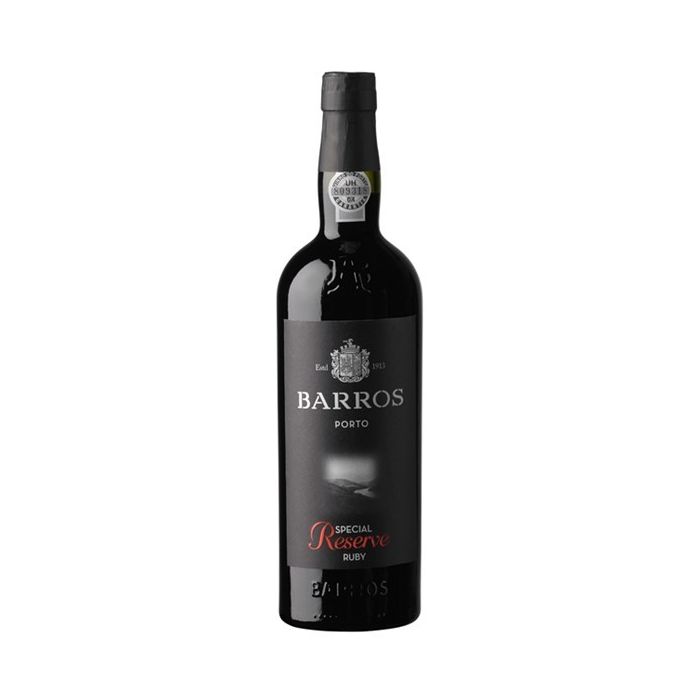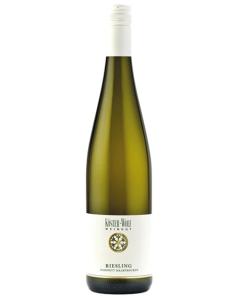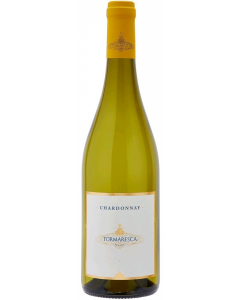We use cookies to make your experience better. To comply with the new e-Privacy directive, we need to ask for your consent to set the cookies. Learn more.
Barros Special Reserve Port NV
Barros Special Reserve Port NV
- Grapes Tinta Amarela 25%, Tinta Franca 25%, Tinta Roriz 25%, Touriga Nacional 25%
- Country Portugal
- Region: Douro
- Abv 20 %
- Dry/Sweet value: 6 (1 is dry, 7 is very sweet)
Residual Sugar: 93
Contains Sulphites: Yes
Vegetarian/Vegan: Yes/Yes
Milk/Eggs: No/No
Organic: N/A
Biodynamic: No - Case size 6 / 75cl
- Winemaker: Carlos Alves
- Closure Natural Cork
- The wine displays a vibrant ruby colour with subtle violet undertones. It offers a complex and sweet bouquet filled with the aroma of various red fruits. Upon tasting, it presents an intense, full-bodied, well-structured profile, with a long-lasting aromatic persistence that lingers on the palate.
Produced by the traditional Port method. The grapes were destemmed, crushed and underwent a careful skin maceration to obtain the necessary richness, body and fruitiness. Fermentation took place in 'Lagares' and vats with constant pump-overs during fermentation. Temperatures were controlled and maintained between 28 to 30°C until the desired Baumé was reached. At this moment, grape brandy was added, known as the ‘benefit’, resulting in a naturally sweet wine.
Vibrant ruby colour with violet nuances. Presents a complex and sweet bouquet of red fruits. In the mouth, it is intense, large, well structured, and has a long aromatic persistence.
| Country | Portugal |
|---|---|
| Vintage | NV |
| Bottles Per Case | 6 |
| Bottle Size | 75 |
| 2 cases 10% off | No |
| Winery | The vines are grown on terraces cut into the steep hillsides of the Douro Valley; they are planted along the terraces of the greatest slopes, which translates as "vertically planted vines". The vineyard soils are schist greywacke ante-Ordovician, with some granitic formations. This soil is rich in nutrients and has useful water retention properties. Traditionally, the vines in the region are grown low, close to the ground. The single or double Guyot and unilateral and bilateral cordons are the methods most frequently used for training the vines. Trellises are not permitted for Port Wine grapes. The grapes are manually harvested once they have reached the optimum maturity according to the variety. |
















